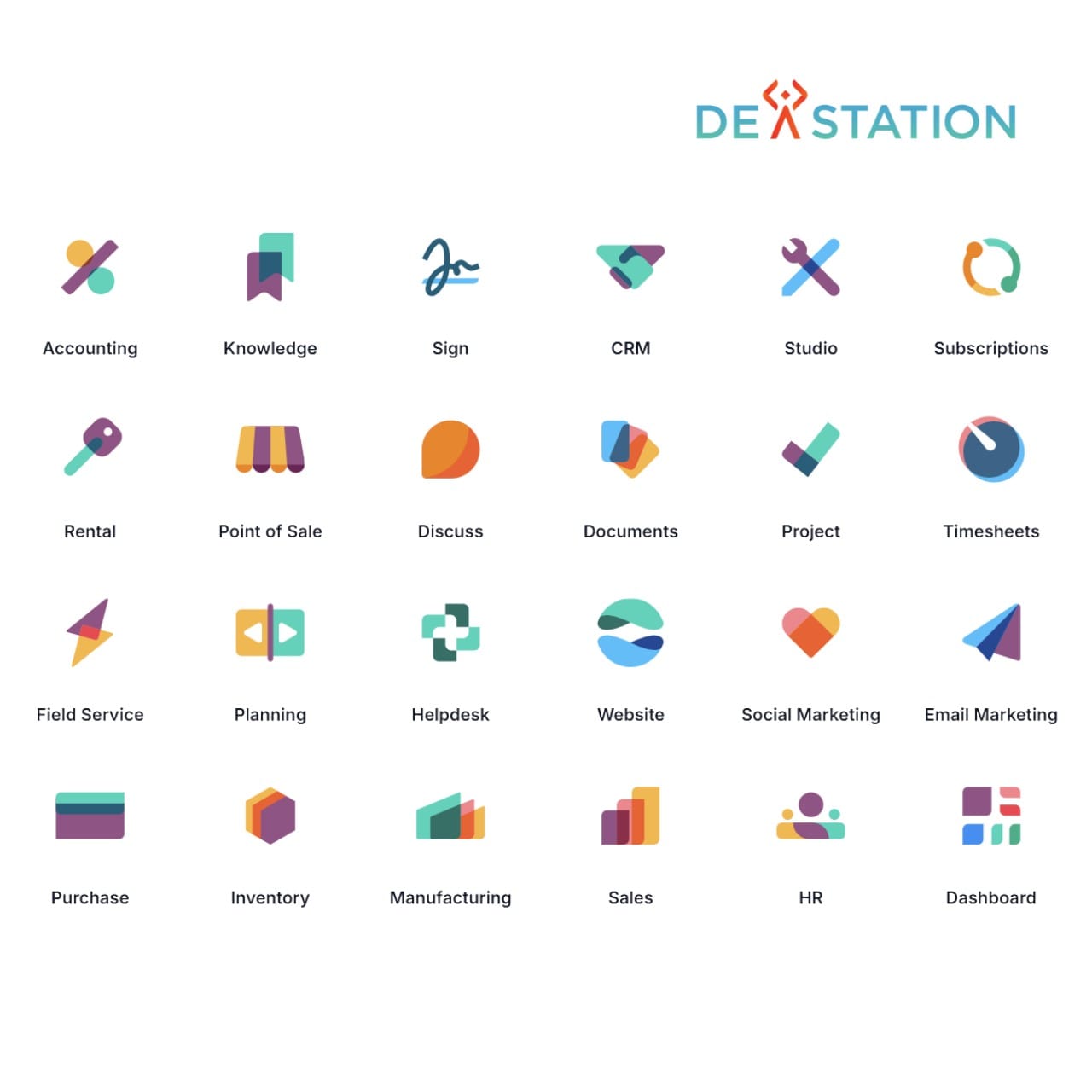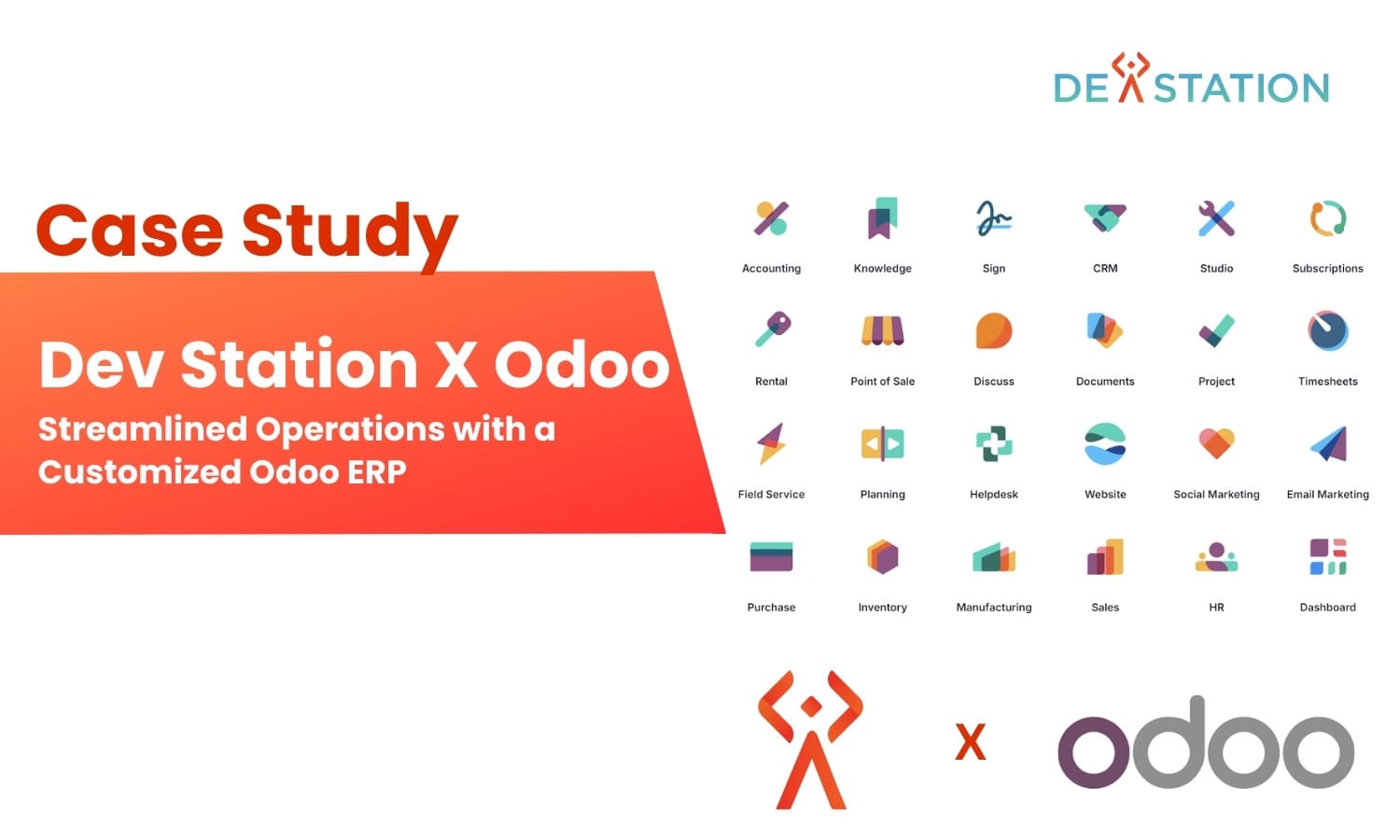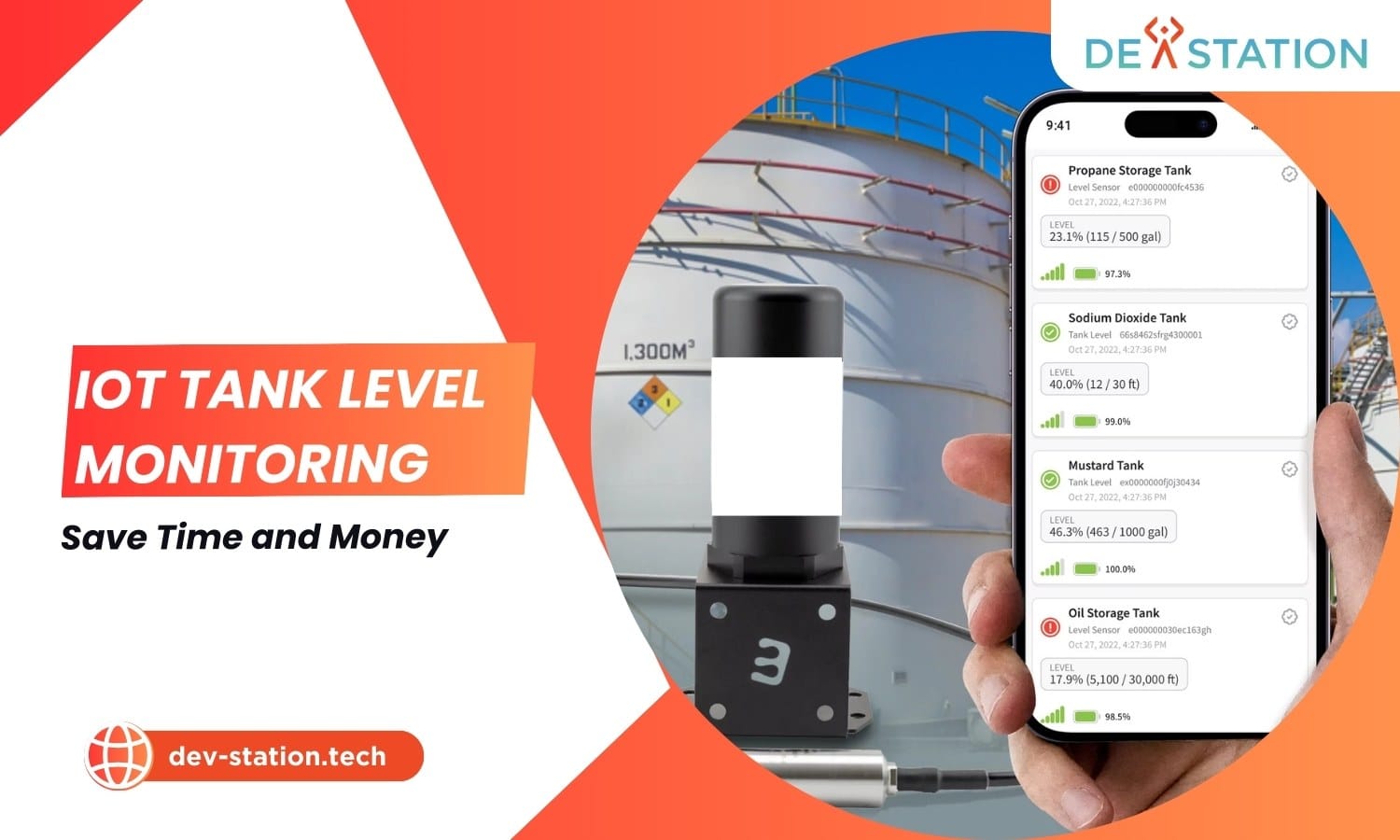Dev Station Technology, a fast-growing software development firm, faced challenges managing its operations across sales, projects, HR, and finance using disconnected tools. By implementing and customizing Odoo ERP, the company centralized its core workflows, reduced process delays, and achieved a 40% boost in operational efficiency within just three months. This case study explores their transformation journey and the custom modules that powered it.
Contents
ToggleAbout Dev Station Technology
Dev Station is a technology company specializing in custom software solutions for international clients. With a team of over 100 engineers, project managers, and support staff, Dev Station operates across multiple departments with a need for seamless collaboration and visibility.
Before adopting Odoo, the company relied on spreadsheets, email, and siloed tools to manage different aspects of its business. These manual processes caused bottlenecks, duplicated work, and made reporting unreliable.

Business Challenges
The core challenges Dev Station faced before implementing Odoo included:
Lack of system integration: Sales, projects, and accounting operated in isolation, leading to missed updates and data inconsistencies.
Manual HR and recruitment processes: Employee onboarding, evaluation, and recruitment tracking were handled via emails and spreadsheets.
Inefficient financial management: Invoices and expenses were tracked manually, often resulting in delays and errors.
No unified performance reporting: Dashboards had to be generated manually using raw data, often outdated and lacking context.
These problems hindered the company’s ability to scale operations efficiently.
The Odoo-Based Solution
To address these challenges, Dev Station deployed a self-managed Odoo ERP instance, heavily customizing it to fit their internal workflows. The implementation was led by their in-house DevOps and Business Solutions teams over a 3-month period.

Custom Modules and Enhancements
| Module | Purpose | Customizations Implemented |
|---|---|---|
| Sales & CRM | Manage leads, quotations, and client pipeline | Integrated with project task tracking and billing |
| Projects | Oversee project progress and timesheets | Linked with CRM and invoicing for real-time cost |
| POS | Handle office-based transactions | Customized UI for internal branding |
| Invoicing | Automate billing and payment workflows | Auto-generated invoices based on project logs |
| Inventory | Track IT assets and supplies | Role-based access and vendor-linked purchasing |
| HR & Recruitment | Manage employee lifecycle | Added recruitment stages, onboarding checklist |
| Expenses | Simplify reimbursements and cost tracking | Synced with employee accounts and payroll |
| Dashboards | Monitor KPIs across departments | Built custom metrics for HR, Sales, and Projects |
| Documents & Sign | Digital signing and document storage | Integrated with Google Workspace and e-signature |
| Settings & Apps | Platform admin and integrations | Deployed custom API integrations and Slack bots |

Results & Measurable Outcomes
After the Odoo deployment, Dev Station observed the following improvements:
| Metric | Before Odoo | After Odoo |
|---|---|---|
| Quotation approval time | ~48 hours | < 4 hours |
| Invoice generation | Manual & delayed | Automated & timely |
| Expense report processing | Spreadsheet-based | One-click submission |
| HR onboarding time | ~5 days | 2 days |
| Project budget tracking | Fragmented | Live dashboards |
Other outcomes:
Reduced interdepartmental miscommunication by 70%
Improved visibility across business units
Centralized platform reduced the number of tools from 6 to 1
Internal Feedback
“Switching to Odoo allowed our teams to work off one source of truth. The fact that we could tailor every module to our internal processes without waiting for external vendors was a game-changer.”
— Mr. Lee, PMO Lead, Dev Station Technology
Lessons Learned
Start with process mapping: Dev Station invested time upfront in mapping out their business flows, which ensured smoother implementation.
Customize responsibly: They reused as many native Odoo features as possible, writing custom modules only where needed.
Involve users early: Department heads and end-users were involved from day one, which led to faster adoption and less resistance.
Maintain internal documentation: To support scaling and onboarding, the team built internal Odoo usage guides.
🔚 What’s Next
Dev Station plans to continue evolving its ERP system with:
Integration of Power BI dashboards for deeper insights
Adding modules for eLearning, Marketing Automation, and Timesheet Billing
Expanding Odoo usage to subsidiaries and external vendors via access portals




